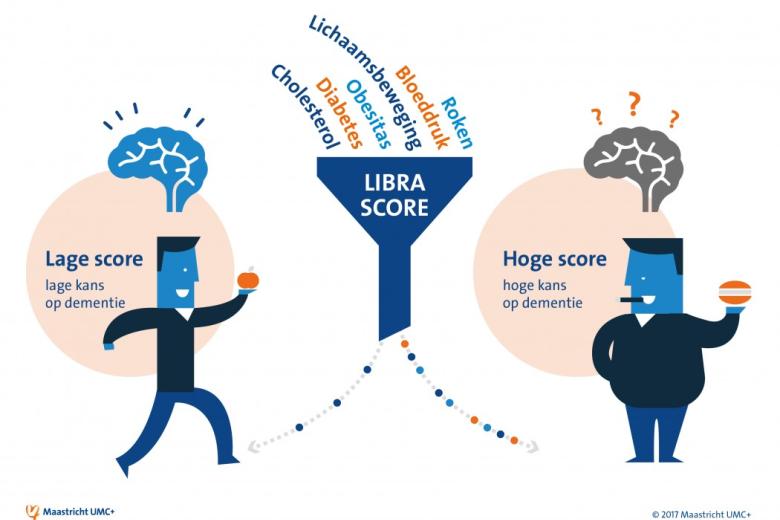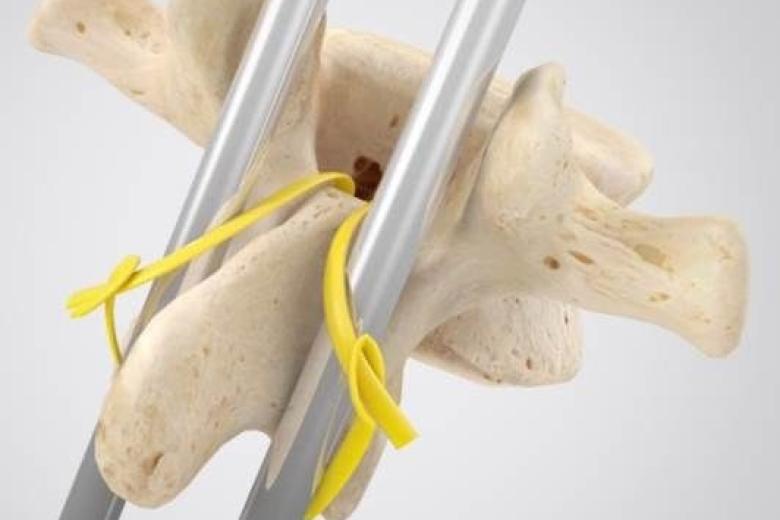Recovery and pain after day surgery is often difficult
An operation after which the patient is allowed to go home the same day is often more difficult that people anticipate. That is the conclusion of PhD research conducted by anaesthesiologist Björn Stessel from Maastricht UMC+ and the Jessa Ziekenhuis in Hasselt (B). Among other things, his study shows that only 17 percent of patients have recovered well four days after day surgery. One-third of the patients with moderate to serious pain also fail to take painkillers in whole or in part. ‘That care can be much better’, said Stessel. ‘Good information is therefore essential.’
More than half of all operations now take place on an outpatient basis. That means that the patient goes straight home on the day of the surgery, without an overnight hospital stay. Examples include laparoscopic knee surgery, gallbladder removal or a shoulder operation. The advantage of this is that the patient can recover in his or her own environment. Many people think they will be able to return to work quickly after day surgery. However, Stessel concluded that that expectation appears to be unrealistic in practice
Quality of recovery
Stessel conducted his research with more than a thousand patients who underwent different outpatient surgical procedures. Four days after the operation, the quality of recovery and degree of pain were determined. The results were rarely positive. For example, not a single patient whose gallbladder had been removed was recovering well, and 65 percent described their recovery as bad. Shoulder operations or surgery that involved the removal of screws and plates that initially appeared to be simple also often resulted in a bad recovery. On the other hand, patients who underwent laparoscopic surgery in areas such as the throat or the uterus appeared to fare better than expected.
Therapy compliance
Four days after their day surgery, many patients also reported moderate or severe pain. Those patients who underwent surgery on a shoulder, bone or tooth, or who had screws removed, stood out in a negative sense. Stessel then examined how compliant these patients were with taking their prescribed medication. Almost one in three people were not taking the painkillers as prescribed, and some of them were completely failing to take the medication, such as paracetamol, tramadol and/or ibuprofen. ‘All the more reason to improve the quality of recovery and pain relief after day surgery’, said Stessel.
Prediction and more effective pain relief
Stessel worked on a model to predict which patients are at greatest risk of experiencing moderate to severe pain. ‘You can take additional measures with these people’, he said. ‘This way you can better monitor them by scheduling more contacts or offering tools to make it easier to take pain medication.’ He is also working on improving the pain medication itself: ‘The gold standard is now a combination of paracetamol and anti-inflammatory drugs, such as ibuprofen. Due to possible side effects of the latter, this is not the most ideal combination. We are now looking for better alternatives, all with the aim of improving care after day surgery.’
Björn Stessel earned his PhD on Friday, 10 February, from Maastricht University with his dissertation: “Patient centred care after day surgery: scope for improvement”.
Also read
-
Capillary damage can lead to depression
The Maastricht Study specialises in conducting microcirculation measurements

-
Individual risk profile could help prevent dementia
Prevention of dementia potentially stimulated by drawing up personal risk profile (MUMC+ news).

-
New plastic fixation cable for scoliosis surgery
Less invasive operation, maximum vertebral growth, and no stray metal particles (MUMC+ news).
